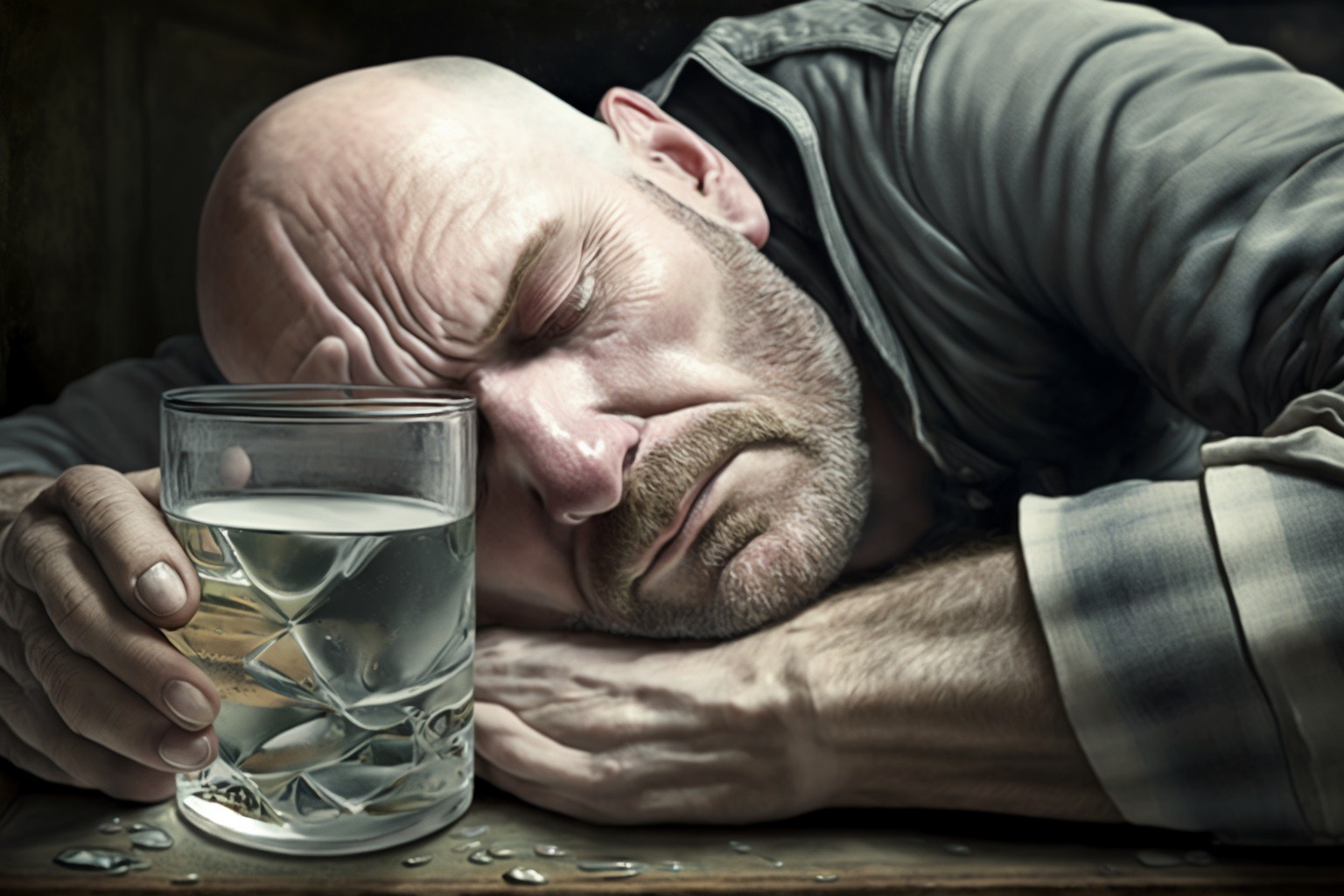Can actions in a dream affect reality? Is it possible to suffer damage as a result of injury in a dream or, conversely, to be healed? Scientists have repeatedly hypothesized about potential treatments within lucid dreaming (LD), but their efforts have mostly focused on dealing with phobias and other psychological problems.
Recently, however, Russian researchers from REMspace—Michael Raduga, Zhanna Zhunusova, Andrey Shashkov, and Artur Brauns—conducted an experiment involving 190 people who were instructed to get into a lucid dream, find alcohol or drugs there and consume them until they felt the effects. The volunteers assessed their state of intoxication in the LD and after waking up.
Most of the participants preferred wine or vodka, and when testing drugs—different types of pills or marijuana. The results showed that the state of intoxication is quite easy to achieve in the LD: 56% of the participants succeeded in doing so. In every fifth case, the remnants of the effect persisted even in reality, albeit for a short time. At the same time, it was found that narcotic drugs retained their effect upon awakening significantly more often.
The researchers showed that the neurons responsible for the perception of psychoactive substances can be intentionally activated in a dream, regardless of physiology, like many other sensations. This confirms the hypothesis that taking medications in LDs can also be used in the fight against physical and psychological diseases. Perhaps in the future, instead of real pills, people will be able to drink magic potions in LDs.
Due to the strict requirements for research on psychoactive substances, the article has not yet been published in a peer-reviewed scientific journal. Therefore, the authors published a preprint in February 2023 on PsyArXiv.
Have you ever tried similar experiments?
Get all the latest news about lucid dreams via our channels on Telegram, Instagram, Facebook




